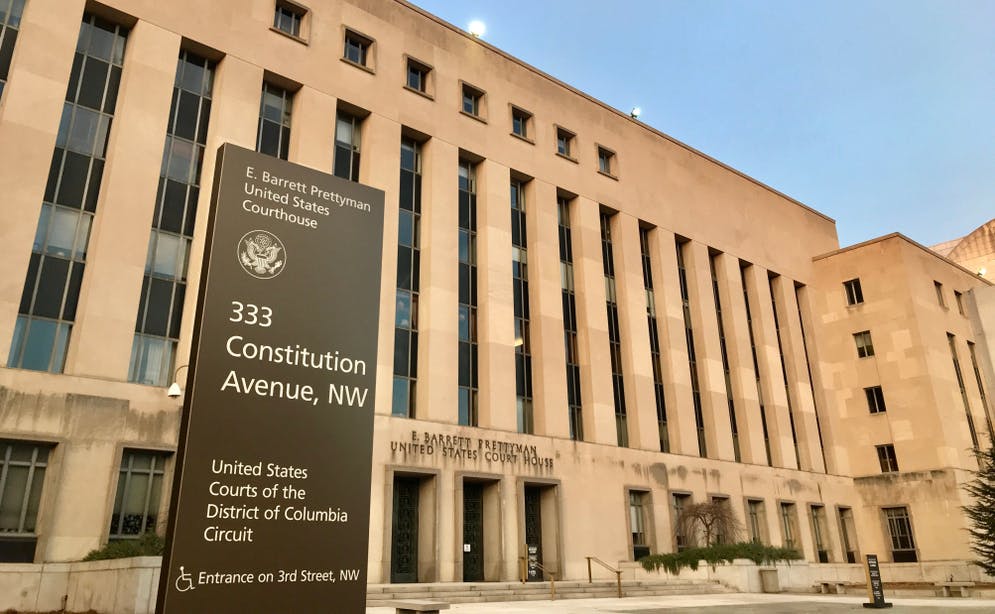The Klasko law firm successfully challenged a USCIS denial of EB-5 investments that included “put options” — the right of the investor to sell back their investment at a point in the future. This was the first federal court decision to approve such an option — and opposes much of the USCIS policy regarding redemptions. As the put option was contingent on a cash flow sufficient to pay back the investment amounts, the redemption was determined to not be guaranteed.The Klasko law firm has successfully challenged a USCIS decision regarding what the agency has been interpreting as guaranteed redemptions. In doing so, a new precedent has been established by a federal court that could have sweeping implications for what constitutes “at risk” in other EB-5 investments.
The original USCIS judgment and where the agency erred
The case featured an EB-5 investment project called Mirror Lake Village, a senior living facility in rural Washington. Originally, USCIS denied the petitions of five Chinese investors who each committed their $500,000 capital to the project; USCIS stated that the investments were not qualifying. The agency both failed to “reasonably explain” its decision to the investors and also erred in its interpretation of “at risk,” declared the court. The three-judge panel overturned a lower court decision.
The key element that overturned the decision
The Court of Appeals determined that as the put option in the investment agreement was contingent on the project’s cash flow, it was therefore “entirely subject to business fortunes.” Thus, there was a chance for gain but also a risk of loss — insufficient cash flow in this particular case.
USCIS ‘contradicted’ its own definition of ‘at risk’
U.S. Circuit Judge Merrick Garland commented on how USCIS erred in their interpretation of “at risk”: “The possibility that the business will succeed does not negate the risk of loss if it does not. If it did, even the purest stock investment would not be at risk because there is always the possibility (and the hope) that a business will succeed. In fact, as quoted above, the agency’s explanation directly contradicted its own definition of ‘at risk,’ as set out earlier in each USCIS decision under review.”
Why this decision could be trailblazing for EB-5
While the Chinese petitioners involved in this case must be celebrating, the Klasko law team points out that the decision has far greater ramifications for EB-5. It is the first time a federal Court of Appeals has determined what the “at risk” requirement in EB-5 actually entails with regard to guaranteed redemptions. It is also the first time that a federal court has supported a put option in an EB-5 investment (there have been approvals of “call options,” exercised by the investment enterprise).
Limiting the scope of Matter of Izummi with redemption agreements
And while USCIS used the Matter of Izummi case to support its argument, this was the first time a federal court limited the agency in its overly broad interpretation of that precedent-setting decision: the Matter of Izummi prohibition of redemption agreements can only apply to those investments that offer guaranteed returns without risk. Matter of Izummi does not apply to investments such as Mirror Lake where the redemption has a contingency — and a risk of loss if the project fails. An EB-5 investment is therefore at risk when “redemption of their investments is dependent on the success of the business.”
USCIS policy language that is counter to the court’s decision
The Klasko firm points out that the court’s decision now renders much of the USCIS Policy Manual regarding redemptions to be incorrect. For example, the following agency policy appears to now be counter to the court’s decision: “Repayment does not need to be guaranteed in order to be impermissible. It is the establishment of the investor’s right to demand a repurchase, regardless of the new commercial enterprise’s ability to fulfill the repurchase, that constitutes an impermissible debt arrangement.”
USCIS policy language that is counter to the court’s decision
This federal Court of Appeals decision may not only influence future EB-5 investment agreements, but could spur a flood of appeals from investors who have been similarly denied because of a redemption agreement that was subject to the risk of the project not succeeding. This may not only a win for the Klasko team and their clients but numerous investors who believed their Green Card hopes had been dashed by a USCIS decision that was neither fair nor lawful.Read the Klasko law from article “Successful Litigation Challenging USCIS Interpretation of Guaranteed Redemptions”






